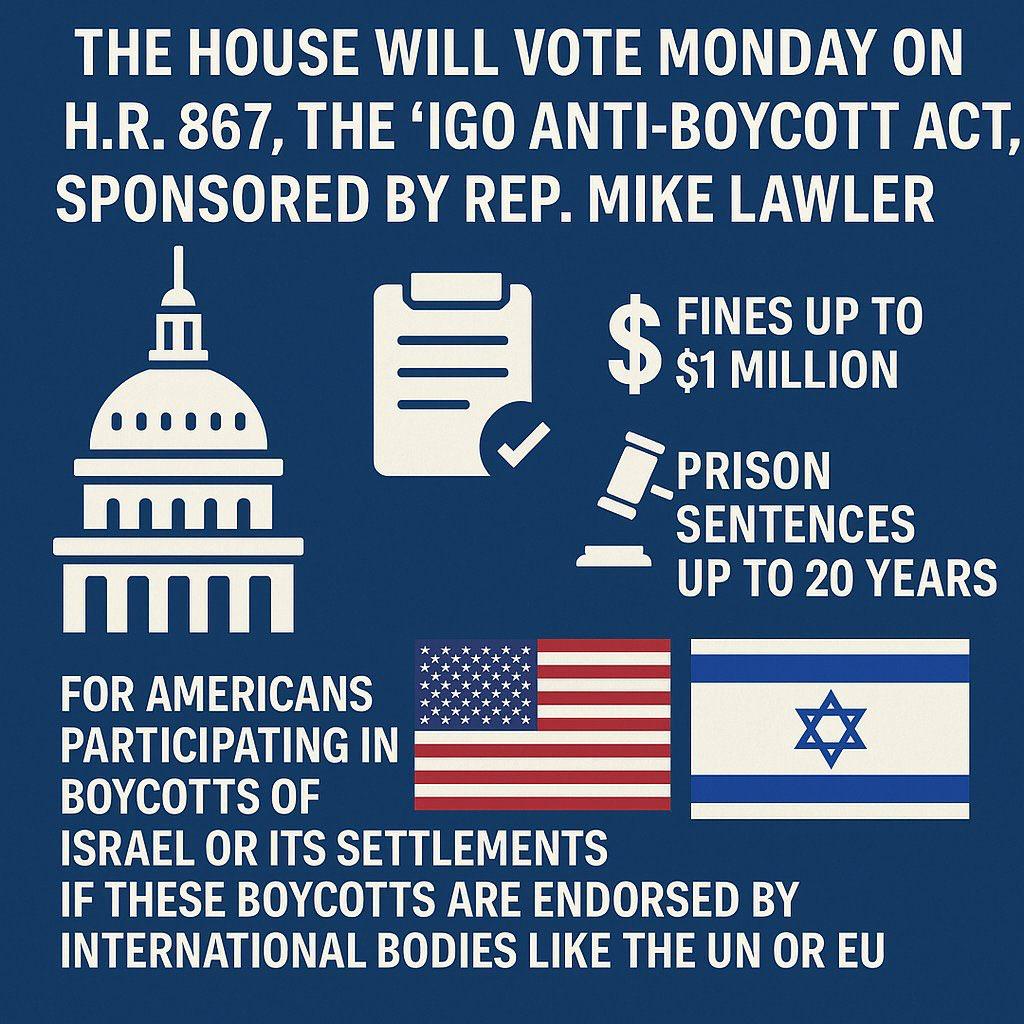On April 21, 2025, coinciding with Easter Monday, Klaus Schwab, the founder and chairman of the World Economic Forum (WEF), announced his immediate resignation from the board of trustees. At 87, Schwab cited his age and the organization’s need for renewal as reasons for stepping down. However, the timing of his exit, amid whistleblower allegations and mounting criticism of the WEF’s unelected influence, suggests deeper forces at play. This article explores the circumstances surrounding Schwab’s departure and the growing calls for oversight of the WEF’s role in global policymaking.
The Context of Schwab’s Resignation
Schwab’s resignation followed a tumultuous period for the WEF. On April 22, 2025, the organization announced an investigation into allegations of misconduct raised by an anonymous whistleblower letter. According to The Wall Street Journal, the letter accused Schwab and his family of intertwining personal affairs with WEF resources, raising questions about governance and accountability. Earlier reports, including a May 2024 investigation into workplace discrimination and harassment, had already spotlighted internal dysfunction, though no legal violations were substantiated.
The whistleblower allegations, combined with external political pressures, fueled speculation that Schwab’s exit was less voluntary than presented. Social media platforms like X amplified claims that corruption and misuse of funds forced his hand, with some users linking his resignation to broader geopolitical shifts, such as reduced funding from the Trump administration. While no evidence directly confirms these claims, the convergence of internal probes and public backlash likely hastened Schwab’s departure.
Unelected Power and the WEF’s Global Influence
The WEF, founded by Schwab in 1971, has grown into a powerful platform uniting global elites, corporate leaders, and policymakers at its annual Davos meetings. Schwab’s vision of “stakeholder capitalism”—where businesses prioritize social and environmental goals alongside profit—has shaped discussions on climate, technology, and economic policy. However, the WEF’s influence, wielded by unelected figures, has sparked widespread criticism.
Critics argue that the WEF operates as a de facto policymaking body without democratic accountability. Its initiatives, such as the Great Reset launched in 2020 to rebuild post-COVID economies, have been accused of promoting elitist agendas that sideline public input. The phrase “You’ll own nothing. And you’ll be happy,” from a 2016 WEF video speculating on a shared economy by 2030, became a lightning rod for distrust, with detractors framing it as a blueprint for centralized control. While the WEF clarified it as a thought experiment, the perception of overreach persists.
Both progressive and conservative groups have questioned the WEF’s role. Left-leaning critics highlight its corporate dominance, while right-wing voices, particularly MAGA supporters, decry its globalist policies. On X, users celebrated Schwab’s resignation as a victory against unelected elites, with some calling for his arrest. These reactions underscore a broader demand for transparency in how global agendas are shaped.
Pressure for Oversight
The whistleblower letter and Schwab’s exit have intensified calls for oversight of the WEF. Allegations of governance lapses suggest a need for stricter internal controls, particularly regarding the use of resources and workplace culture. The WEF’s board, now tasked with navigating this transition, faces pressure to address these concerns while maintaining the organization’s credibility.
Externally, the WEF’s influence on national policies—through partnerships with governments and corporations—raises questions about accountability. Critics argue that unelected bodies should not shape public policy without democratic checks. Proposals for oversight include greater transparency in WEF deliberations, public reporting of funding sources, and mechanisms to ensure policies reflect broader societal input rather than elite consensus.
The Easter Timing: Symbolic or Coincidental?
Schwab’s resignation on Easter Monday carried symbolic weight for some observers. In his statement, he noted the date aligned with the 55th anniversary of his “global village” concept, suggesting personal significance. However, conspiracy theories on X framed the timing as evidence of a orchestrated fall, tying it to unverified claims of exposed “global order schemes” like depopulation or crisis manipulation. These allegations, often linked to misattributed quotes or debunked narratives about the Great Reset, lack credible evidence. The Easter connection appears coincidental, driven more by Schwab’s age and internal WEF dynamics than a grand exposé.
Looking Ahead
Klaus Schwab’s resignation marks a pivotal moment for the WEF. His departure, whether driven by age, whistleblower allegations, or external pressures, highlights the challenges of maintaining legitimacy in an era of skepticism toward global institutions. The WEF’s ability to address governance concerns and respond to calls for oversight will shape its future influence.
For the public, Schwab’s exit underscores a broader debate about unelected power. As global challenges like climate change and economic inequality demand coordinated action, balancing the role of organizations like the WEF with democratic accountability remains critical. The pressure for transparency and oversight is unlikely to fade, ensuring that Schwab’s legacy—and the WEF’s path forward—will face continued scrutiny.
Sources: DW, BBC, Reuters, Newsweek, AP News, PolitiFact, Wikipedia, and posts on X.
![]()





